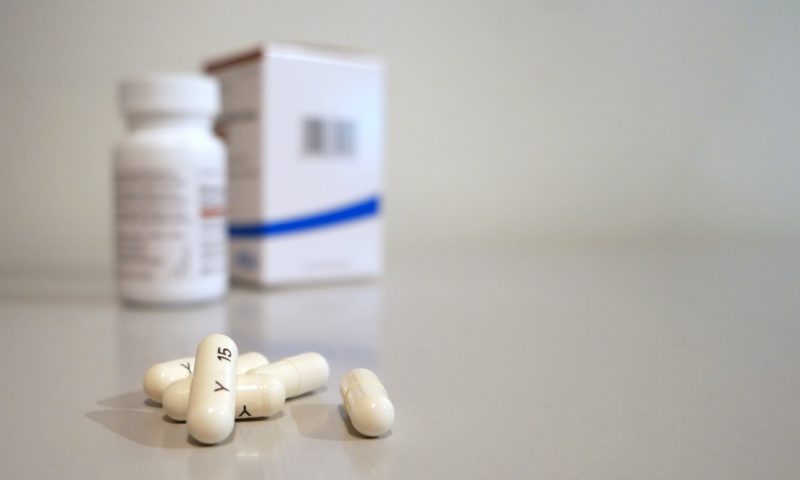If you’re gaining weight but eating smarter and getting more exercise, what could be going on inside your body? Many people find that prescription medications might be to blame.
While not all prescriptions contribute to weight gain, many of them do — including those used to treat: diabetes, high blood pressure, mood disorders, seizures or even migraines. The onset of weight gain can take months or several years, or it can pile on rapidly within a few weeks.
These changes to your body can be startling to say the least, but whatever you, don’t stop taking your medication without first consulting a healthcare professional. Until then, let’s explore what may be happening and what you can potentially do about it.
Why Do Some Prescription Medications Cause Weight Gain?
Some medications cause weight gain in and of themselves, but many of them simply have weight-related side effects. For example, some produce the following effects:
- Increased appetite, leading to more food consumption
- Increased glucose storage and fat deposits, especially in the abdomen
- Slowed metabolism, causing you to burn fewer calories
- Shortness of breath and fatigue, making it harder to exercise
- Ongoing water retention, often masking itself as weight gain
The amount of weight gained also varies between people. While one person might gain a handful of pounds within the course of a year, others may gain 10-20 pounds in just a few months. If you’re taking medications for chronic conditions, these effects may be amplified.
What Can You Do about it?
Talk to a Healthcare Professional
When a healthcare professional prescribes you a new medication, ask if it’s known to cause weight gain. If it is, ask if there are any alternative options. If you’re already on a chronic medication, talk to your provider about your concerns. They may be willing to switch your medication to something else. You have a say in your treatment plan!
Pay Close Attention
Keep tabs on your weight and write down any changes you see, including your eating and exercise patterns. If weight gain continues, talk to a healthcare professional and ask if your medication(s) may be to blame.
Do Your Research
It’s always a good idea to educate yourself on your health conditions and what medications are out there — including their side effects. Drugs that commonly result in weight gain include corticosteroids, antidepressants, insulin, hormone therapy and contraceptives.
Offset the Gain
While you’ll want to address weight gain with your healthcare professional, you can also make simple changes to offset the gain or work some of it off. Burn calories by staying active, eat as clean as possible within moderation, log what you eat and don’t forget to manage stress.
And Remember…
If you’re gaining weight and suspect that your prescription medications may have something to do with it, don’t stop taking the drug or switch to a lower dose without the counsel of your healthcare professional. Doing so can result in serious health consequences. Instead, track the changes in your body and relay your concerns to your healthcare professional.
For more information on prescription medications and weight gain, please CLICK HERE.





